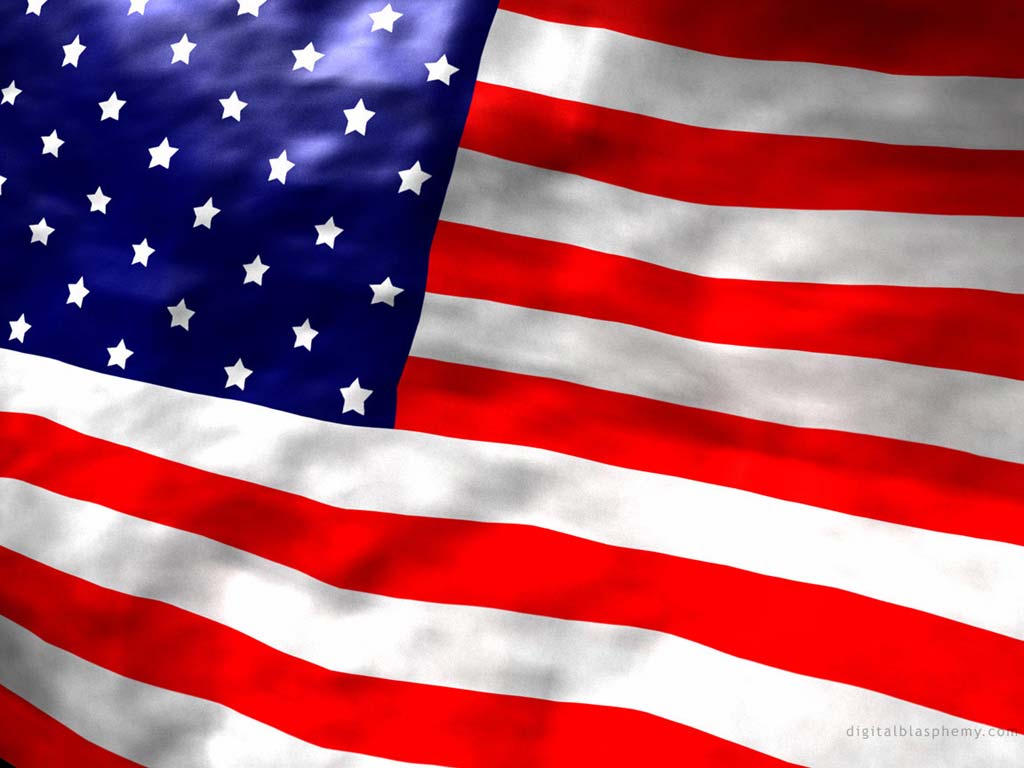US Agricultural delegation on a trip to Cuba
- Submitted by: admin
- international
- Science and Technology
- United States
- Business and Economy
- Personalities
- Politics and Government
- 11 / 22 / 2009

Hooks reports on Ga. agribusiness in Cuba and said it was an effort to promote and increase trade of Georgia Agricultural products.
Earlier this month Georgia State Sen. George Hooks, D-Americus, traveled to Cuba with delegates from the Georgia Department of Agriculture. The trip, which included about 20 Georgians and delegates from Florida, Alabama, Maryland and Virginia, was an effort to promote and increase trade of Georgia Agricultural products.
Hooks and the other delegates each paid their own expenses for the opportunity to visit Cuba, and to see, first hand, the growing number of U.S. agricultural exports being bought by the communist run country.
Georgia’s number one export to Cuba is first poultry and then pork products. Georgia based companies like Pilgrim’s Pride and Cargill have sold approximately 185 million pounds of frozen poultry and pork to Cuba since November 2008. The 1961 trade embargo was altered in 2000 with The Trade Sanctions Reform and Export Enhancement Act that allowed for agricultural and medical exports to Cuba.
Since President Clinton signed the legislation, Georgia’s agricultural delegation has not wasted any time establishing a trade relationship with Cuba. Georgia Agricultural Commissioner, Tommy Irvin, who was recently elected to his 10th consecutive four-year term, was “instrumental in opening the door for agribusiness trade to Cuba,” says Hooks. Irvin was, in fact, the nation’s first agricultural commissioner to establish trade since the embargo.
“This is important,” explains Hooks, “because of Georgia’s proximity to Cuba, which is our greatest gain.” Even though Georgia’s products are not yet shipped to Cuba from its own ports, we have the advantage of transporting at a lower cost. “We are now looking into to activating the ports of Savannah and Brunswick to ship this kind of cargo,” Hooks points out.
The trip was focused around the 27th annual International Trade Fair of Havana. Since 2000, Georgia agribusiness exhibitors have participated yearly. Hooks’ intrigue into Cuban agribusiness trade was not only due to its historical relevance but also of the economic importance to his constituency.
As an elected representative of the largest rural district in the state, his interest lies in what this opportunity could mean for producers of peanuts, soybeans, peaches and more. Hooks reminds, “We still don’t buy from them.” Reform of the embargo still prohibits Cuban export to the U.S.
Since the transfer of power to Raul Castro, younger brother to Fidel, “there has been an easement of restrictions for the benefit of the citizens, heading towards a more capitalistic society,” says Hooks.
These changes, however subtle, are important. “One of the delegates, who was there on Sunday, attended a Baptist church,” recalls Hooks. “There was high attendance and familiar hymns sung in Spanish.”
Hooks also commented on the aesthetic beauty of the country. “ Tourism is sure to be the big export,” Hooks points out. “The water is blue and the sand is snow white.”
The delegates were also able to experience the vast and seemingly untouched farmland of the region on a 120-mile day trip to the outskirts of Havana. “It is a beautiful, lush island with rich soil,” explains the senator, “but the fields are idle.”
As a symptom of the embargo, there is no auto industry, which means no tractors. “I actually saw a wooden plow pulled by oxen, and only one tractor.” “They only have sugarcane, tobacco and garden vegetables that can be harvested by hand, but they
take great pride in them. I only see things getting better, and see the agribusiness trade relationship as positive. They are very warm people,” reflects Hooks.
“Once they see the great opportunities of the free enterprise system they will prosper.”
The Obama administration has eased some measures for the Cuban island but the embargo is still in force.
Source: Americus Time Recorder
Comments